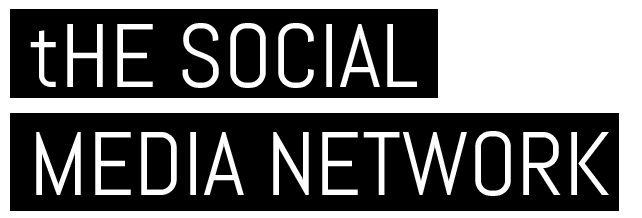
What are the controversies of AI Writing Tools such as ChatGPT when creating Content
ChatGPT is a powerful tool developed by OpenAI that can auto generate human like text. It is trained on a massive dataset of human conversation & knowledge, making it pretty useful for a number of tasks related to coding, texts translations, creative idea brainstorming and understanding complex info.
ChatGPT can be used for a variety of tasks, such as:
Creating conversational AI chatbots for customer service and e-commerce. Translating text from one language to another. Summarising text by condensing it into a shorter, more concise version while preserving important information. Answering questions based on provided context. Completing text based on given context, useful for text-based games and story-telling. Generating creative writing and other language generation tasks. Classifying text into different categories based on provided context.
These are just a few examples of the many ways ChatGPT can be used, as it can be fine-tuned for any specific task or use-case that involves natural language processing.
There are a few controversies around AI creating website content:
Copyright issues: AI-generated content may infringe on the copyright of existing content, as it may closely resemble or replicate existing text. This can occur because AI are trained on large amounts of data, which can include copyrighted material. As a result, the text generated by the model may have a high degree of similarity to existing content, which could potentially infringe on the copyright of the original content. It is important to consider this when using AI generated content, and to ensure that any text generated by a language model is used in compliance with copyright.
Quality concerns: AI-generated content may lack the creativity, nuance, and depth of human-written content, which can be a problem for high-quality, informative, and engaging website content. AKA – the content could sound so robotic and boring that it could be missing human Finesse.
Deception: AI-generated content may be used to deceive website visitors, such as by creating fake news or impersonating real people.
Job Loss: AI-generated content may lead to job losses for human writers and editors, as it can be used to automate content creation. I personally think people won’t lose their jobs, I think that AI will create jobs for people who know how to use AI for better efficiency. Think about a web developer who can understand and how to implement code written by an AI.
Bias and Discrimination: AI systems are trained on large data sets, if those data sets are biased then the AI generated content will reflect that bias. It only knows what it knows.
Misinformation: AI-generated content may spread misinformation if it is not properly fact-checked and edited by humans.
While AI-generated content has the potential to improve efficiency and productivity, it’s important for organisations to consider these potential issues and take appropriate steps to mitigate them.
